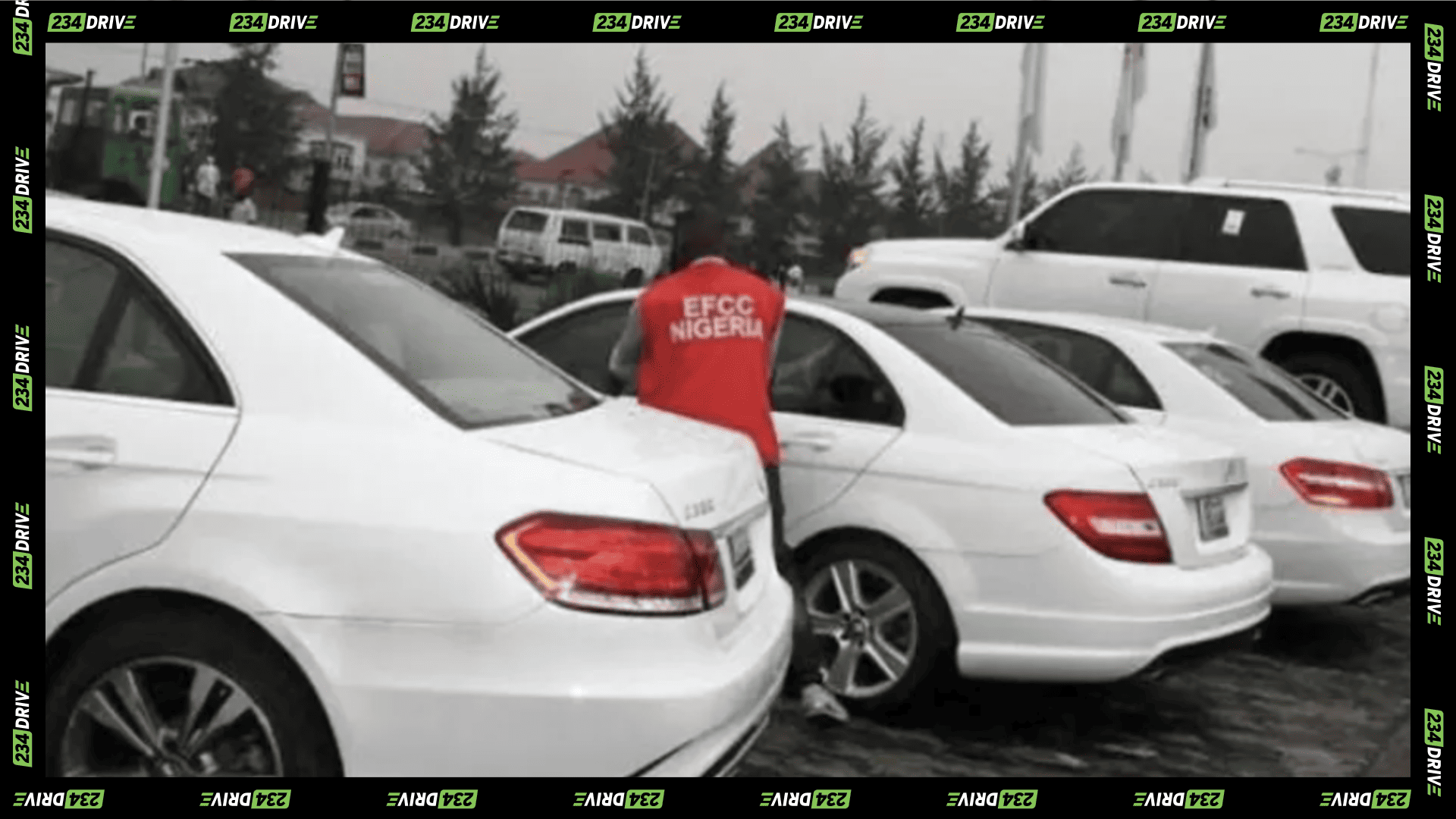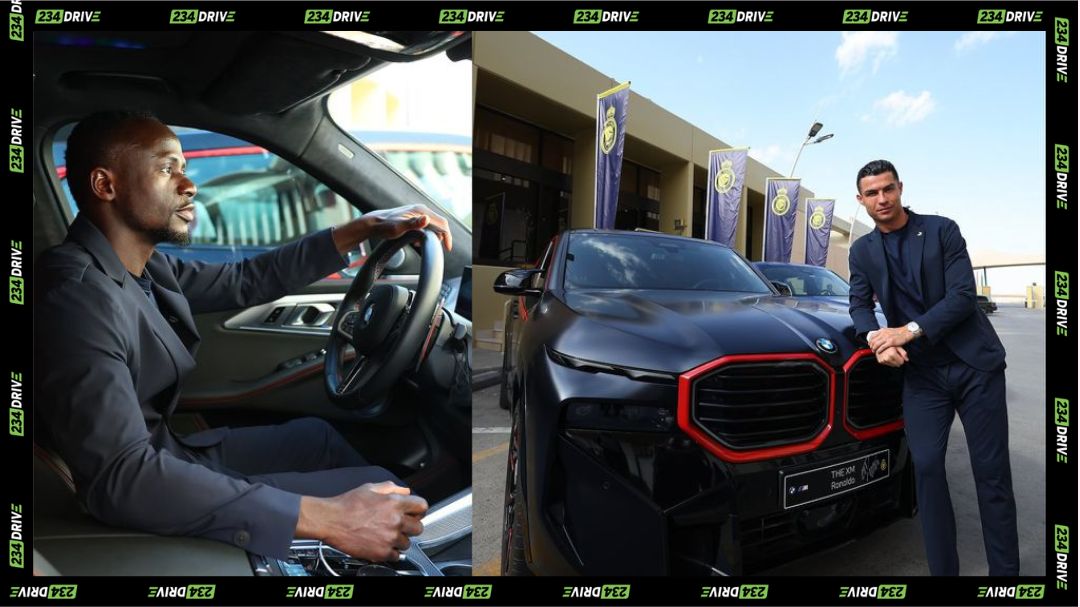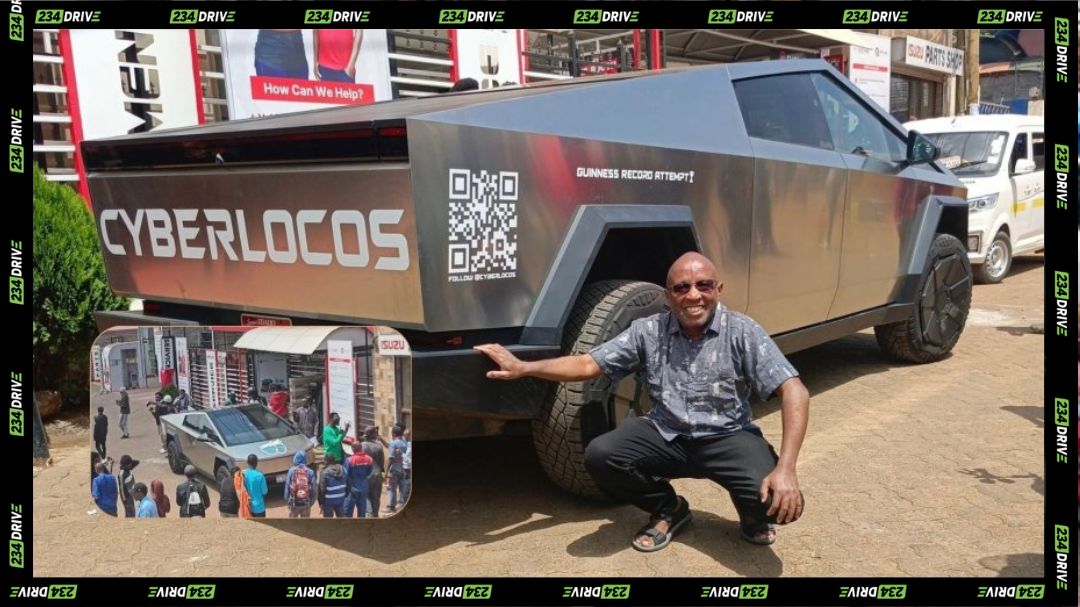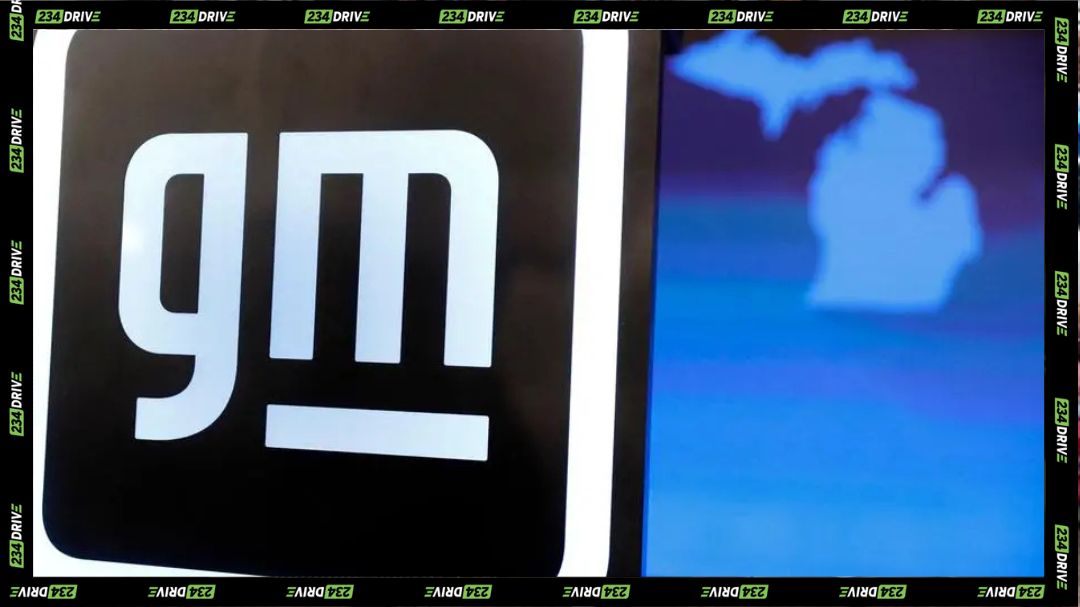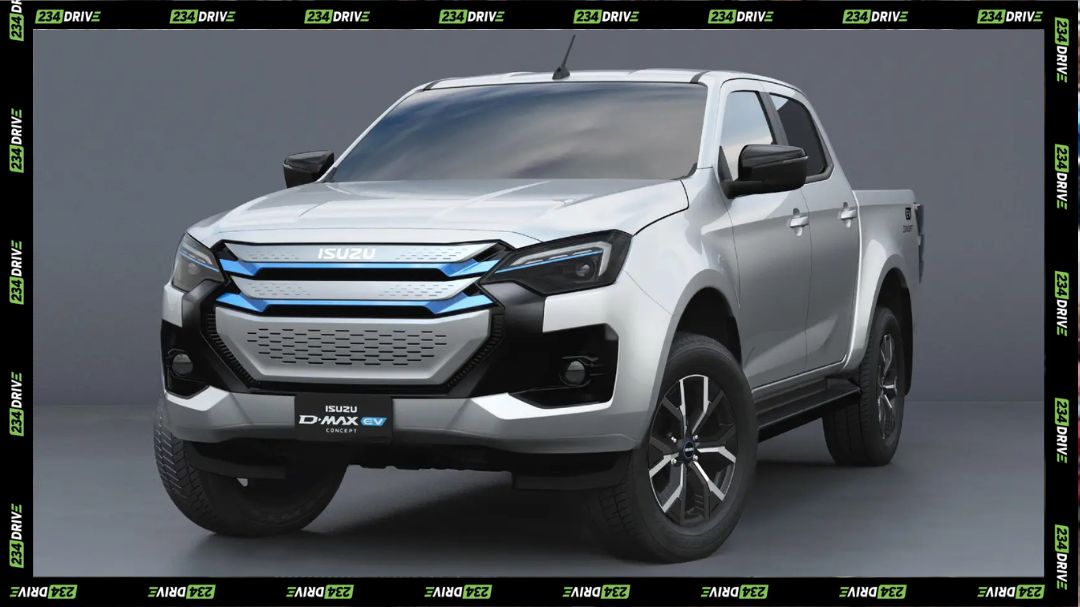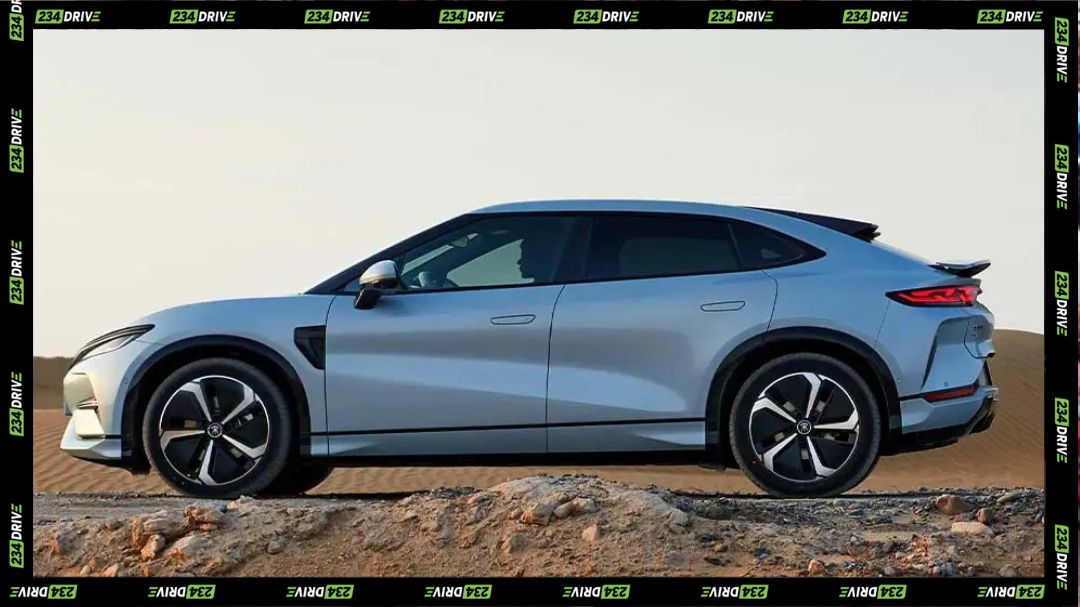The Economic and Financial Crimes Commission (EFCC) was established on 12 December 2002, under President Olusegun Obasanjo’s administration, with the aim of curbing Nigeria’s endemic money laundering problem. However, it wasn’t until 13 April 2003 that the Commission’s operational activities commenced. Within just a few months under the leadership of Mallam Ribadu, the pioneer chairman of the EFCC, numerous 419 kingpins were apprehended. Noteworthy, 419 in Nigerian parlance, refers to offenders whose crimes are contrary to Section 419 of the 1999 Constitution of the Federal Republic of Nigeria.

Now to the part you’ve been waiting for, the auctions! As the name implies, the EFCC’s job is to investigate and prosecute economic and financial crimes such as money laundering, fraud and corruption cases. In carrying out their duties, the EFCC has the power to seize the vehicles of suspected individuals and eventually confiscate these vehicles when they are found guilty. Aside from vehicles, houses, laptops, phones and any other property obtained by unlawful means can be confiscated by the EFCC. These seized properties, in this case vehicles, are later auctioned to the general public. The real kicker, though, is that the EFCC auction them at much cheaper rates!
What Does it Take to Partake in an EFCC Auction?
In order to partake in an EFCC auction, one will first have to fill a KYC (Know Your Customer) form. This form contains important details like your full name(s), address, email address and phone numbers, amongst other things. I guess these are necessary so that the previous owner of a confiscated car doesn’t come back bidding for his or her own car, LOL. Additionally, you are required to submit a tax clearance certificate to prove that you are a law-abiding tax payer. The other forms to be filled are related to the bids, but without the above identity form, you would be ineligible to partake in the auction.

2025 EFCC Auction
This year’s EFCC auction was carried out from 20 January 2025 to 27 January 2025. It was done via an electronic auction (e-auction) between the hours of 11am and 4pm. A total of 891 cars were said to have been auctioned via a now expired online platform. The auctioned vehicles were spread physically across the states of Nigeria. These include Abuja, Benin, Sokoto, Uyo, Lagos, Kaduna, Ilorin, Port-Harcourt, Enugu, Kano, and Ibadan. Among the cars auctioned were a mix of the popular Japanese car brands. Toyota/Lexus dominated the scene, as well as some German car brands like Mercedes Benz, specifically the C- and GLK-series. However, some special high-end cars were also auctioned. They comprise of a first-generation Porsche Panamera, a few Range Rover Velars and a 2021 BMW 5-series. There were also some DAF trucks listed on the e-auction site.

The e-auction was free for all and the ‘best men’ won during this event. If a bid is won, the winner has 72 hours to pay in full using a payment code (RRR) through Remita. Once the payment goes through, the EFCC handles the ownership transfer of the car. The new car owner is then instructed on how to pick up the car. The 2025 EFCC e-auction was a success, but it had some hiccups. For one, the auction site was overwhelmed because over 4 million people tried to participate. Additionally, some bidders shared complaints about outrageous bids ranging from 1 billion to 330 billion naira for some of the auctioned vehicles, which forced many of the bidders to back down. The EFCC has acknowledged the issues and have promised to review the complaints and improve the process.
Across the Atlantic: FBI in the US
Just like we have the EFCC, the United States (US) has the FBI, which stands for Federal Bureau of Investigation. It is the US government agency involved in investigating a wide range of criminal activities. Many of which are terrorism, cybercrime, and white-collar crimes much like our very own EFCC. In recent years, the FBI has cracked down on crypto-related crimes. This has lead to the seizure of many crypto assets in bitcoin.

According to the FBI’s official page, asset forfeiture goes way back and ‘takes its roots from the ancient practice by governments to defend against piracy through the seizure of vessels and contraband’. Fast forward to the present day and the FBI uses the same asset forfeiture measure to disrupt, dismantle, and deter criminal organisations, drug dealers, terrorists, and white-collar criminals. These seized and forfeited money or properties are either returned to the victims of crimes through the victim assistance program or auctioned to the general public.
Each year, approximately 300 public auctions are conducted throughout the US to sell property forfeited to the FBI. These auctions may take place online, in person, or by mail-in bid. The auctions may be carried out by the FBI themselves, or contracted to auction companies to conduct the sales. Forfeited furniture, computers, lab equipment, artwork, jewelry, mobile homes, as well as properties involved in mobility like planes, boats, and motor vehicles are all up for grabs.
Popular FBI Vehicle Seizures
Criminals and high-end vehicles go together like Akara and soft bread on a Saturday morning. As a result of this beautiful relationship, many high-end cars are seized in criminal raids. The total net worth of vehicle seizures runs into trillions of dollars. One of the popular FBI seizures involves Nigeria’s very own Ramon Olorunwa Abbas, popularly known as Hushpuppi.

After his arrest, his car collection, which included multiple high-end Rolls Royce, Ferrari and Mercedes vehicles, were forfeited to the FBI after his conviction. My favorite of Hushpuppi’s collection was his blue Lamborghini Huracan. In the more recent arrest of Sean Combs, AKA Puff Daddy or P. Diddy, many of his high-end vehicles were also seized by the FBI. These vehicles are all going to be auctioned at some point.
Already Auctioned Forfeitures
In December 2018, a collection of nearly 150 cars seized by the FBI and U.S. Marshals Service from a single suspect was auctioned for close to 8 million USD (12 billion naira). The vehicles included Teslas, as well as dozens of classic muscle cars. Some of these muscle cars include eleven Plymouth Road Runners, nine Dodge Challengers, a handful of Chevrolet Camaros. Additionally, a Pontiac owned by Hollywood actor Burt Reynolds was also auctioned.

All the vehicles were seized as part of an investigation involving a ‘Ponzi-type’ scheme which was run by DC Solars founders Paulette and Jeff Carpoff. The highest bid was for a 2018 Prevost Featherlite H3-45 motorcoach, which fetched 1.05 million USD (1.7 billion naira). Conversely, the lowest bid was for a 2015 Honda CRF250 dirt bike for 4 thousand USD (6.4 million naira). Just last year, the FBI also auctioned off a multi-million dollar car collection seized from convicted YouTube star Bill Omar Carrasquillo.
Back in Africa
Coming back to the continent, the Financial Intelligence Centre (FIC) is the equivalent of EFCC in South Africa. The FIC’s primary responsibilities include assisting in identifying the proceeds of crime and combating money laundering. The agency also has the legal power to seize assets like cars, as well as other properties tied to financial crimes.

The FIC believes that luxury and other motor vehicles are often a status symbol and can be used by criminals in executing their crimes. This makes motor vehicle dealers a prime target for criminals to launder the proceeds they have generated from criminal activity. Hence, the FIC closely safeguards the car dealerships in South Africa. Dealerships have a checklist that helps to identify if vehicle buyers are trying to launder money through them. They are also encouraged to report such suspicious customers to the appropriate authorities.
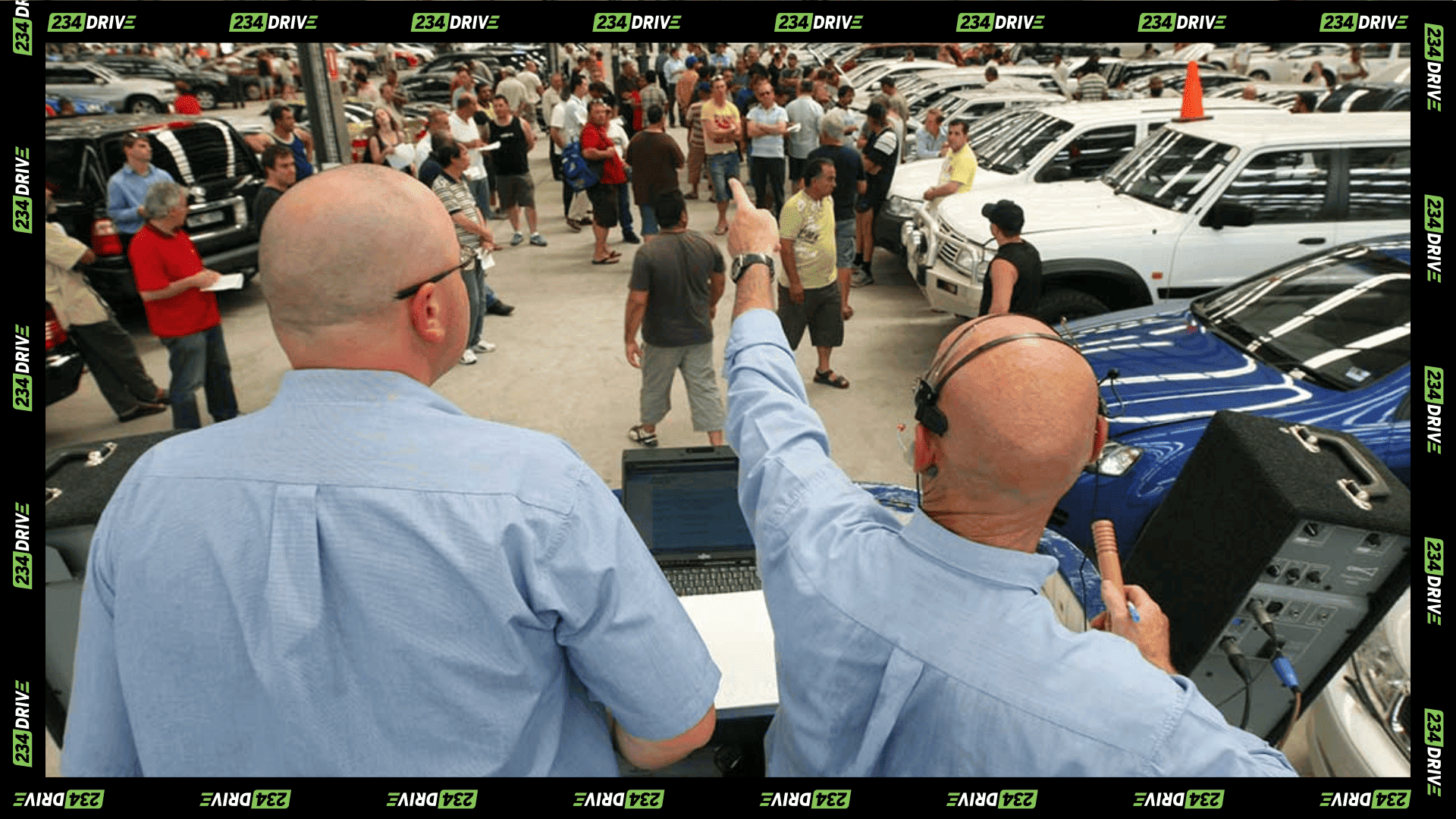
Overall, car seizures, forfeits and eventual auctions seem to be part of many societies’ financial crime alleviation schemes. The formula is basically the same at home and abroad. Suspected individuals have their cars seized at first. If and when found guilty, these seized vehicles are then forfeited to the government. After a stipulated time, the forfeited vehicles are then auctioned to the law abiding citizens at giveaway prices, depending on how competitive the bids are. Moral of the story? You may just win your dream car in an EFCC or FBI vehicle auction, so keep your eyes peeled for the next one.


